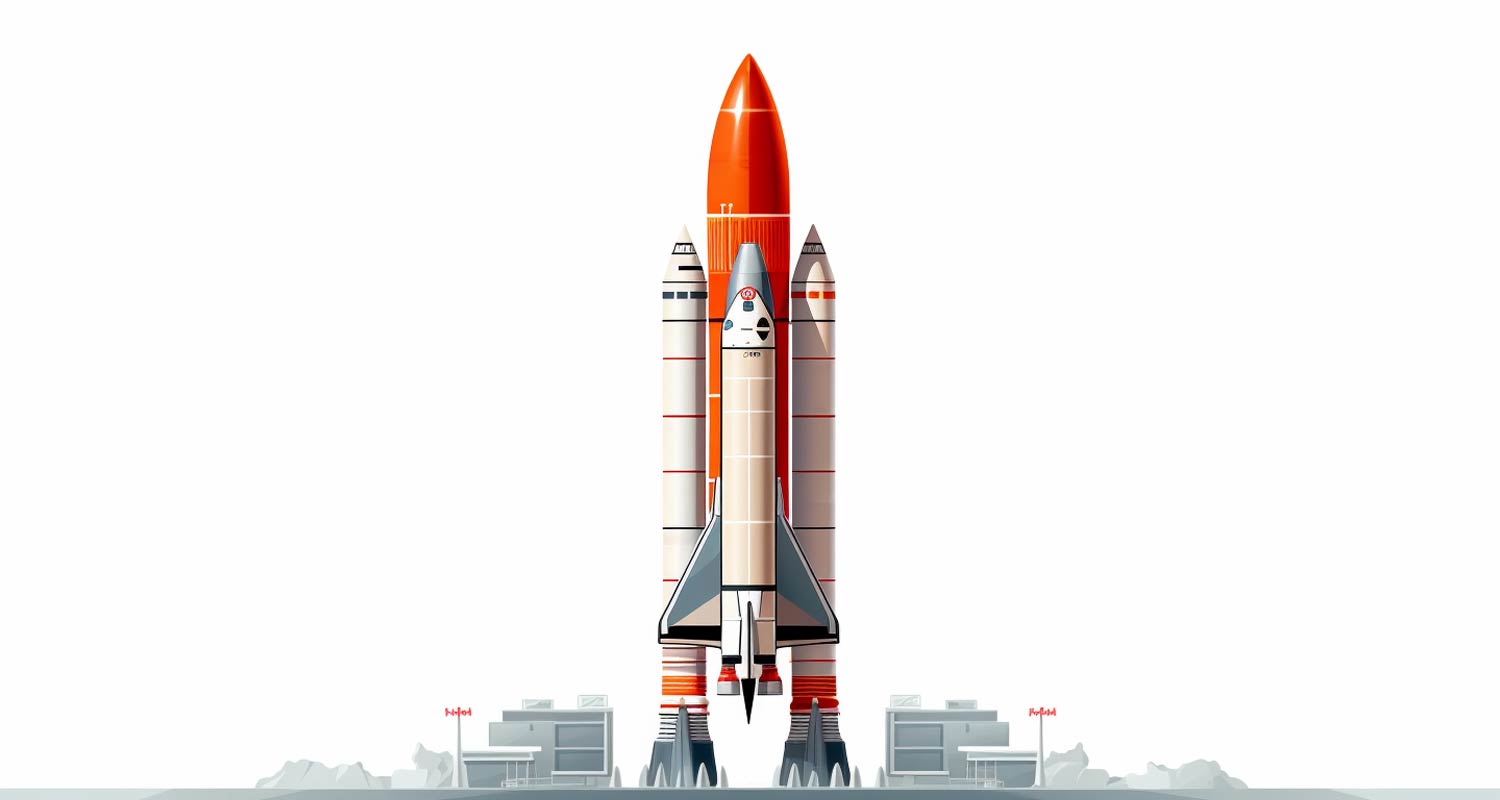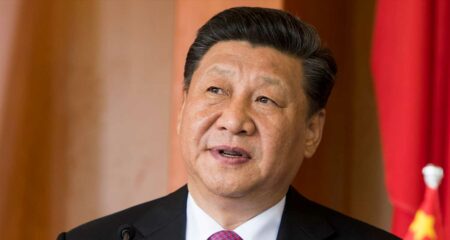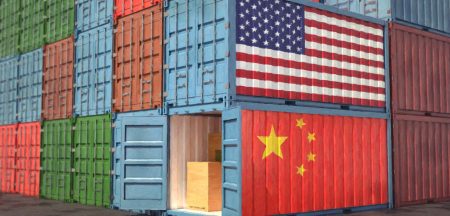 South Africa will partner with China on space exploration as Beijing seeks to bolster its influence in the competition for lunar dominance against the US and its allies.
South Africa will partner with China on space exploration as Beijing seeks to bolster its influence in the competition for lunar dominance against the US and its allies.
Two agreements on official cooperation were signed during Chinese President Xi Jinping’s state visit to South Africa on Tuesday, the first tie-up of its kind between the nations, according to the official Xinhua News Agency. One covers human spaceflight and the other involves the International Lunar Research Station, a plan to build a base on the moon that’s backed by China and Russia.
Space is the next frontier in the deepening geopolitical tensions between Washington and Beijing that’s seen officials seeking out allies in their race to the moon’s south pole.
The US has made substantial inroads in its diplomatic efforts and more than two dozen countries have signed the Artemis Accords, which offer a framework for international cooperation in space activity. Meanwhile, China’s has forged a close partnership with Russia — initially a powerful match of the former’s technological know-how and the latter’s space experience, but more recently a relationship that’s showing signs of cooling.
While China has been downplaying the Beijing-Moscow space axis since the war in Ukraine, the crash of Russia’s Luna-25 spacecraft into the moon over the weekend is likely to ramp up scrutiny of their relationship. The failed landing near the moon’s south pole, the intended location of a joint base that space agencies in China and Russia announced in 2021, also provides an opening for rival India, whose Chandrayaan-3 spacecraft is expected to land in the area on Wednesday.
Space alliance
A successful mission would cement India — which along with fellow Brics nation Brazil has signed the US-backed Artemis Accords — as a powerful presence in the global space race but may also increase pressure on China to seek out new allies. It’s already struggling: while Chinese foreign ministry spokesman Wang Wenbin told a regular briefing on Monday that the international research station project is “open to all international partners who are interested in the project”, few countries have indicated enthusiasm.
Industry watchers predict both Washington and Beijing will intensify their efforts to court African nations that want satellites and space programmes of their own. That’s also likely to lead to divisions: while South Africa has allied with China, Nigeria and Rwanda were the first African signatories to the Artemis Accords back in December.
Watch India’s Chandrayaan-3 moon landing live
“There are a lot of entities that want to win contracts selling space-related services to African countries, and there’s a growing space sector on the African continent,” said Julie Klinger, an assistant professor at the University of Delaware who conducts research on issues related to global space politics. — (c) 2023 Bloomberg LP




